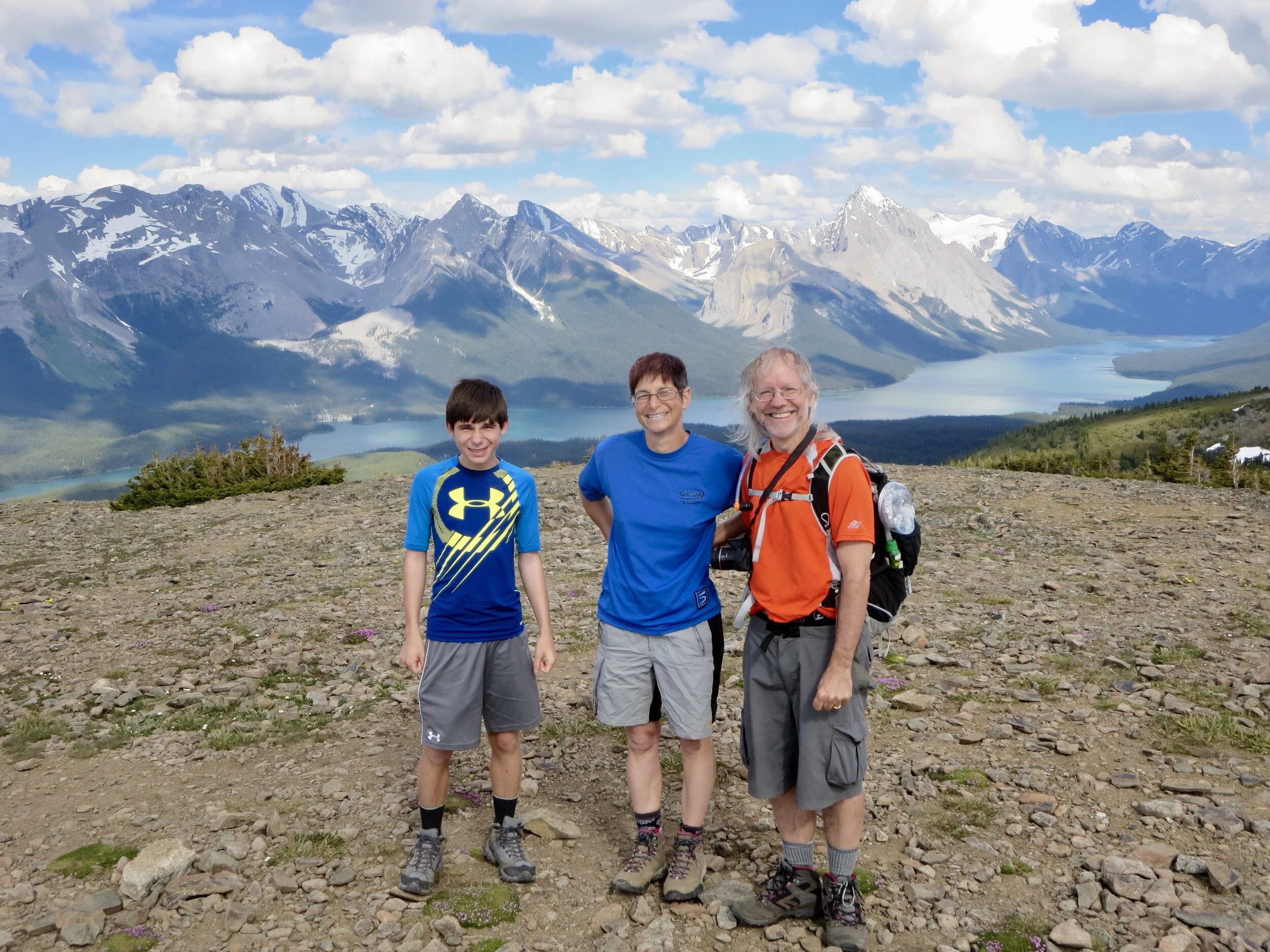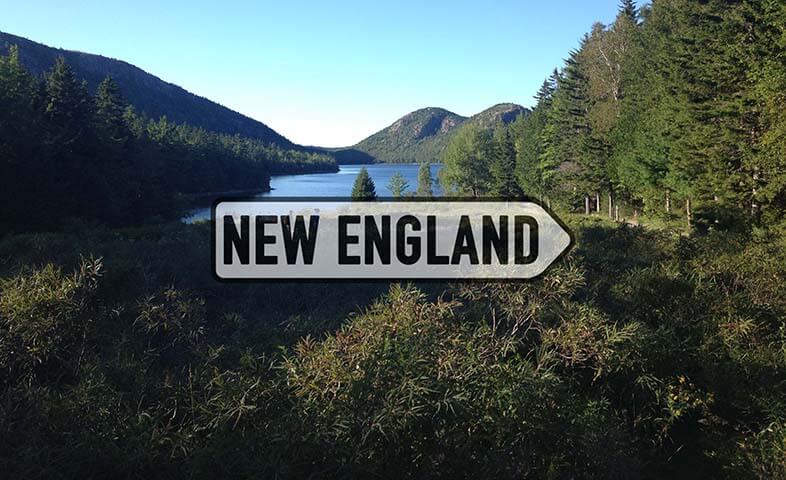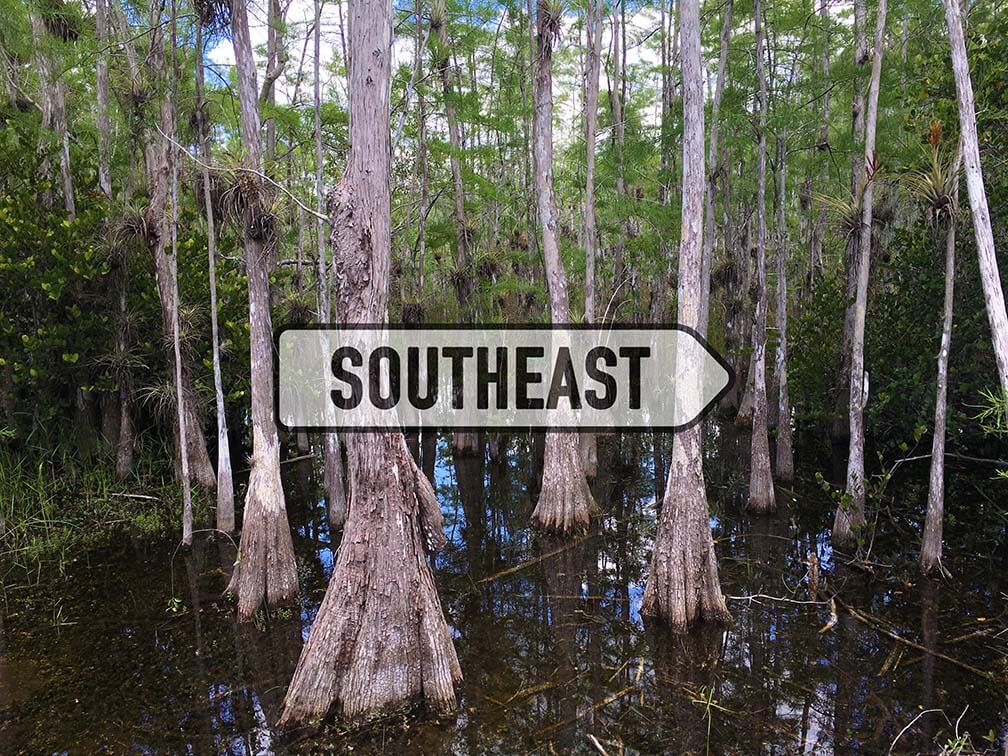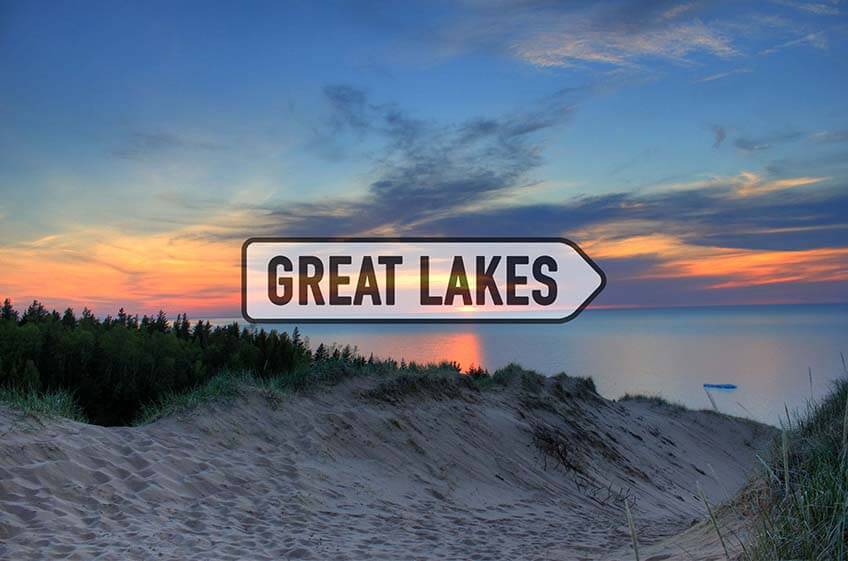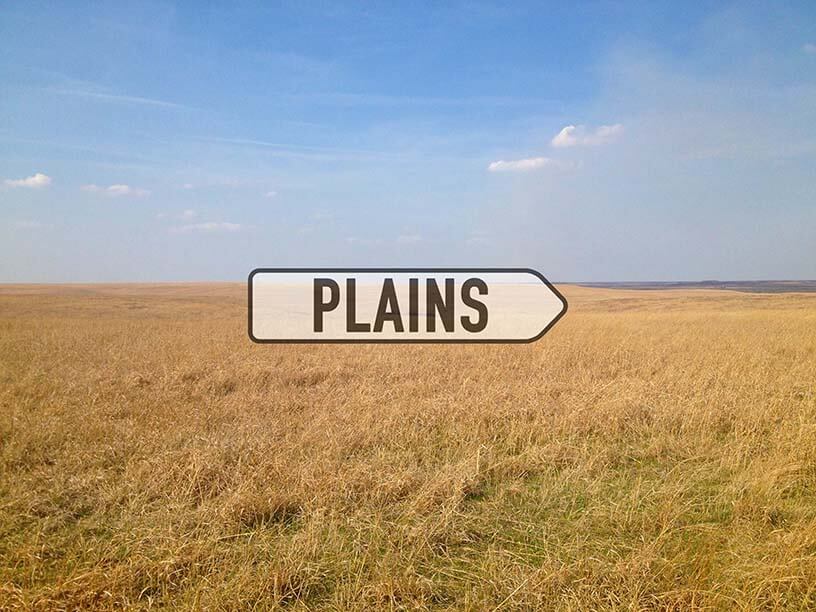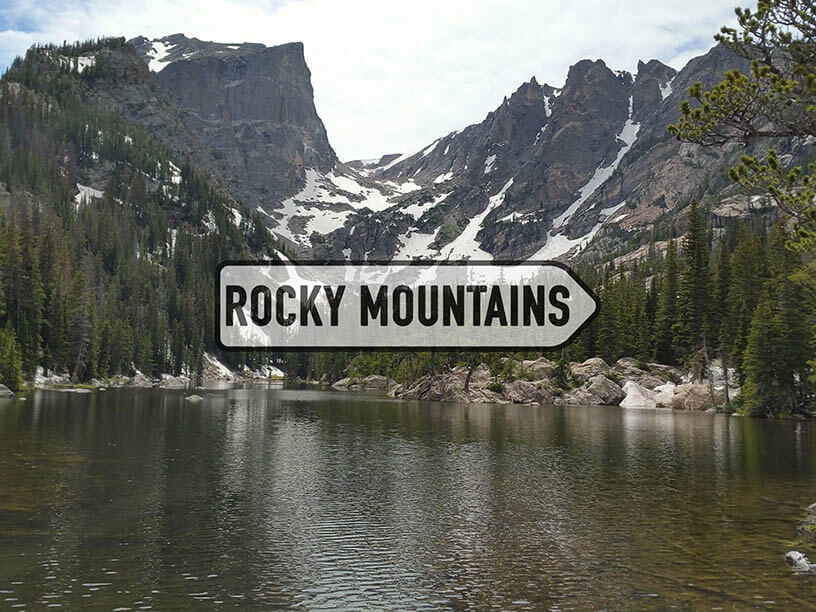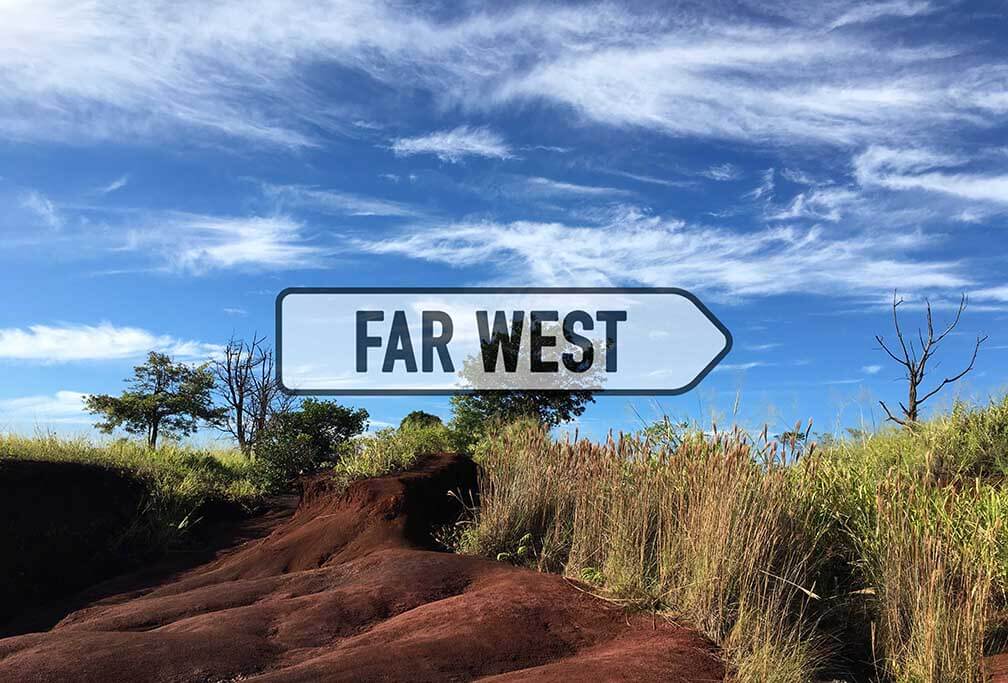Vignettes
By Bill Capossere
“Their Turn”
Yellowstone National Park 2003
Two parents and their son. The boy had, for the past 21 months, roused them from bed in the middle of the night, their day beginning at an ungodly hour of the morning. Finally, though, his sleep pattern would work for them. At 5:00 a.m, they’d throw on some clothes, down some breakfast and tea, hit the park road, and be on the trail before six, when other campers — those without a two-year-old — would still be asleep. When the morning light was still that golden illuminating glow on rock and trunk and foliage. When the wildlife would still be sharing the path. Finally, this oxymoronic no-sleeping-nightmare would work for them all.
5:30 a.m.
Trained by now to wake at this hour, they waited for the first rustle, the early murmur, the little head lifting off the thin mattress of the pack-and-play, which occupies two-thirds of their tent. They stare up at the ripstop nylon a few feet above their heads, taking care not to move or make a noise. Nobody wakes a sleeping child. They wait. They wonder what “ripstop” means. They have to pee. They hold it.
6:00 am.
They can’t anymore. They don their fleece. A pair of wind pants. Put on their hikers and unzip the tent slowly, quietly. One. Pair. Of teeth. At a time. Despite desperately having to pee. Because nobody wakes a sleeping child. The sound is like a lost fly trying to get its bearings: zz, pause, zz, pause, zz.
They slither through an opening barely the size of a badger. Then zip it back up. One. Set. Of teeth. At a time. Finally, they pee. Then light the stove. Boil the water. Eat their oatmeal. Drink their tea. And sit.
7:00 a.m.
Late for the boy, rare certainly, but not unheard of. There was that Wednesday a few weeks back. An earlier Sunday. They boil more water. Talk quietly. Look again at the hiking book. Drink more tea. And sit. Nobody wakes a sleeping child.
8:00 a.m.
A record. Also when the sun starts to warm things. They doff the fleece. Then, not much later, the wind pants. Pull out their book and Kindle. A symphony of zippers has begun around them, a few hushed whispers, muffled car doors closing. They make more tea. Talk, less quietly. And sit.
9:00 a.m.
They check, not for the first or the last time, for breathing. Change into shorts. Listen to the clatter of pans, the slamming of trunks, the thud of coolers onto truck beds. Nothing wakes the sleeping child.
They sit.
10:00 a.m.
Breakfast was hours ago. They break out the stove and pans again, making no effort to soften the noise as they separate the nested pots one from the other. They may, in fact, knock a few together on purpose. They shout their conversation back and forth from the car to the picnic table. Slam the car doors shut.
And sit.
11:00 a.m.
The sun is almost directly overhead. The wildlife has bedded down in hidden shade. People are returning to camp, for lunch. The boy, in what will become customary when he sleeps in a tent and wakes on his own for the next 15 years, makes his first noise.
The day has, finally, begun.
“The Point of Hiking”
Lake Superior Provincial Park 2008
They have never experienced mosquitoes like this before. Clouds of them descend like locusts on a farmer’s field any time they pause on the trail. As is his wont, the boy walks the meandering, stuttering walk of the insatiably curious, captivated by this leaf here, that bug there, protected by his father who walks or stands behind him, sweeping the air over and around his body with his cap, brushing the swarming bugs off as they land on the boy’s shoulders and back and arms and head, sacrificing what must be, his father thinks, several pints of his own blood to do so.
But after twenty minutes, he begins steering the boy more firmly down the path, placing his hands on the boy’s shoulders and turning him away from whatever it is that has captured his eye as both parents, legs churning and hands waving, keep up a running chorus: “Can’t stop.” “Have to move.” “More plants down here.” “Yes, neat bug—gotta go.” “Gotta move.” “Have to move.” “Keep moving.”
Until the boy, turned yet again from the fascinating glory and variety of a world still so new to him, turns to them and says plaintively, “I thought hiking was supposed to be fun.” Which brings them all to a stop, despite the mosquitoes. The parents stare at each other a moment.
“Yes. Yes, it is,” one of them says.
“Out of the mouths of babes,” says the other.
And so, arms waving, they head back the way they’d come, down the trail, into the car, back to the campsite, and then, after packing up, away from Lake Superior Provincial Park and its unseasonably cold and wet weather. Because there is always another wild place somewhere else down the road. Which is where they go.
“Parents of the Year”
Yellowstone 2018
Because he had been forced to wake early in the morning the day before, and because the next campsite was only a few miles down the trail, his parents make no effort to wake the boy. Instead, they enjoy a leisurely morning, eating oatmeal and drinking tea while watching a pair of marmots nonchalantly watch them back. They settle in for some serious reading, as they have for each of the fifteen summers they have hiked and camped together as a family. When noon approaches and he has yet to join them, they wonder, puzzled and (admittedly) a little annoyed, how he could possibly still be asleep in his tent?
He is not asleep in his tent.
He is in fact wide awake as his parents ponder his sluggishness, his sleep having been interrupted minutes before by the collapse of one end of his tent. He’d assumed the sound came from his mother, encouraging him to get up, until he noticed the bear-shaped legs through the tent’s thin fabric and heard heavy snuffling. He’d hunkered down at the far end of the tent with his bear spray in hand, and watched the thin ripstop nylon quietly as the bear stepped on his tent again, and again.
Three or four minutes later, his parents, 30 yards away and wholly oblivious, decide it’s finally time to wake him. When his mother, coming to do just that, spots the young grizzly wandering away, she whispers frantically to the boy that he needs to get up and get his bear spray because “There’s a bear nearby.”
His reply is devastating: “Yeah, I know.”
“Only Themselves to Blame”
Spring 2019
The Naviance College Search site lets him filter his search by region of the country, school size, cost, majors, and rural, urban, or suburban location. He can narrow by Division I, II, or III sports, and whether or not there is ROTC, an Ultimate team, as well as by gender ratio, percentage of applicants accepted, and percentage of students who live on campus.
There is no filter for “mountains.”
None for “lakes, rivers, and tarns.”
Nor, for “Parks: National and State.” “Wildlife Reserves.” “National Monuments.” “Gear stores.” No place to search for “Under three hours to a trailhead,” or, “Most frequented by wolves, bear, osprey, or moose.”
So he does the next best thing, limiting the search by states with his favorite hiking trails: Utah, Colorado, Arizona, New Mexico, Montana, Wyoming, California, Oregon, Washington. He uses Google Maps to check the distance to the nearest park, the nearest mountain. Each click of the mouse is another dagger through his parents’ hearts: 1,500 miles away, 2,000 miles away, 3,000 miles away.
Once, they remember, the three of them watched a moose feeding at dusk for an hour, her compact brown body a stark surprise against the brush. They watched her move away, slowly, and her form softening in the dissolving light, her body becoming shape becoming shadow becoming memory becoming a shadow of a memory. They stayed watching even then, hoping for a momentary reforming, the night so still, and so achingly full of absence.
Bill Capossere’s work has appeared in journals and anthologies such as Colorado Review, Alaska Quarterly Review, In Short, and Man in the Moon. and has been recognized with several Pushcart nominations and mentions in the “notable essays” section of multiple Best American Essays. His full-length and shorter plays have received readings through GEVA Theatre and Writers and Books events, including GEVA’s Festival of New Plays and the Rochester Fringe Festival. He lives in Rochester NY, where he writes, bikes to work as an adjunct English instructor, and hopes to get a free more rounds of frisbee golf in with his son before he leaves for Colorado State University in the fall.





